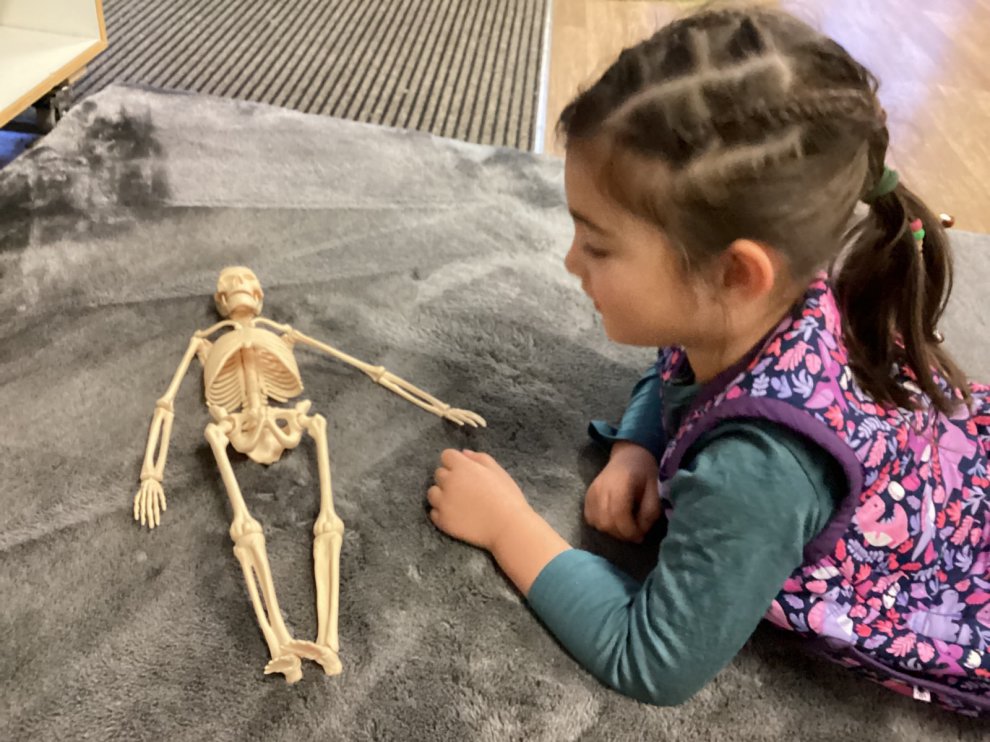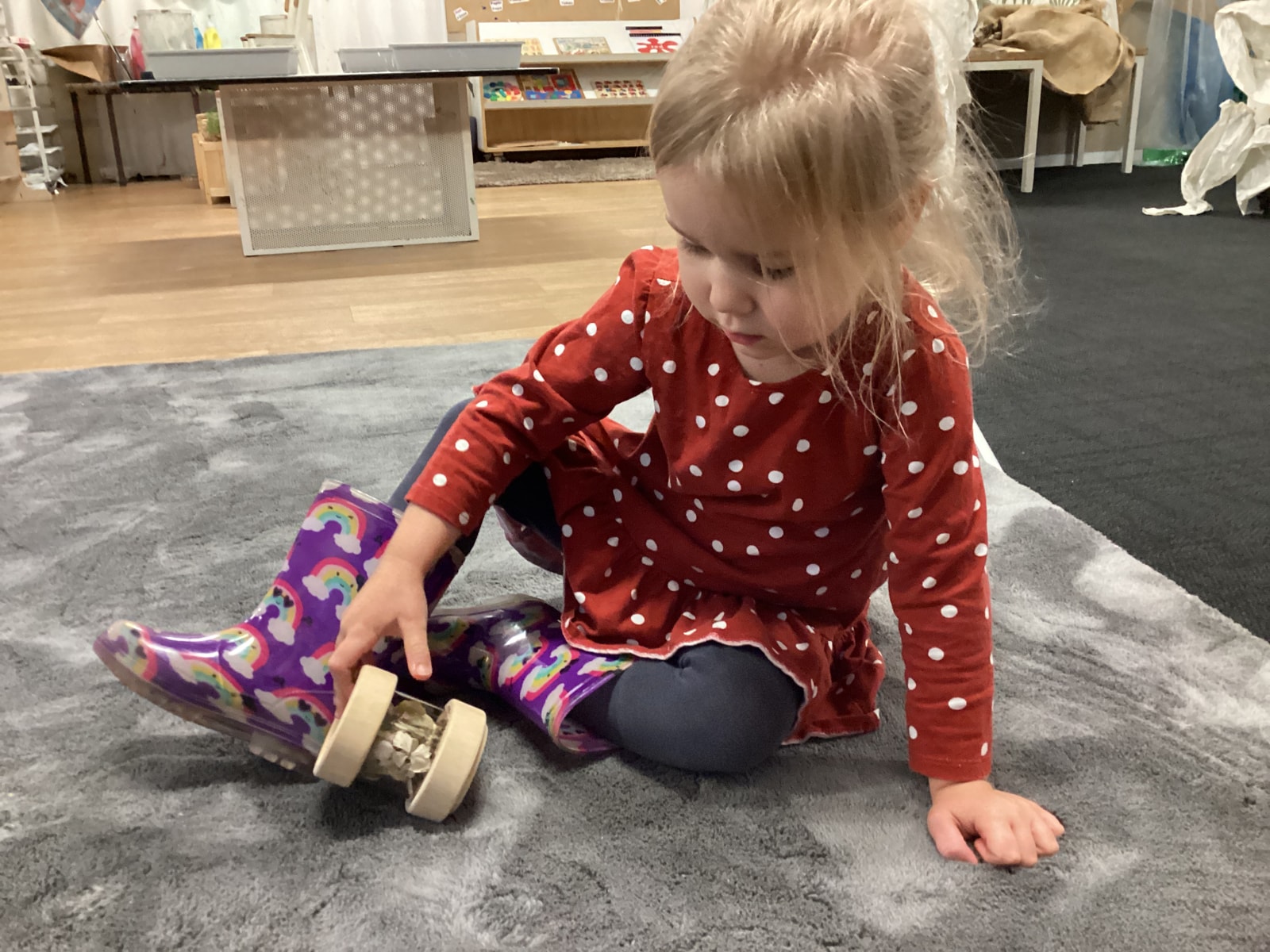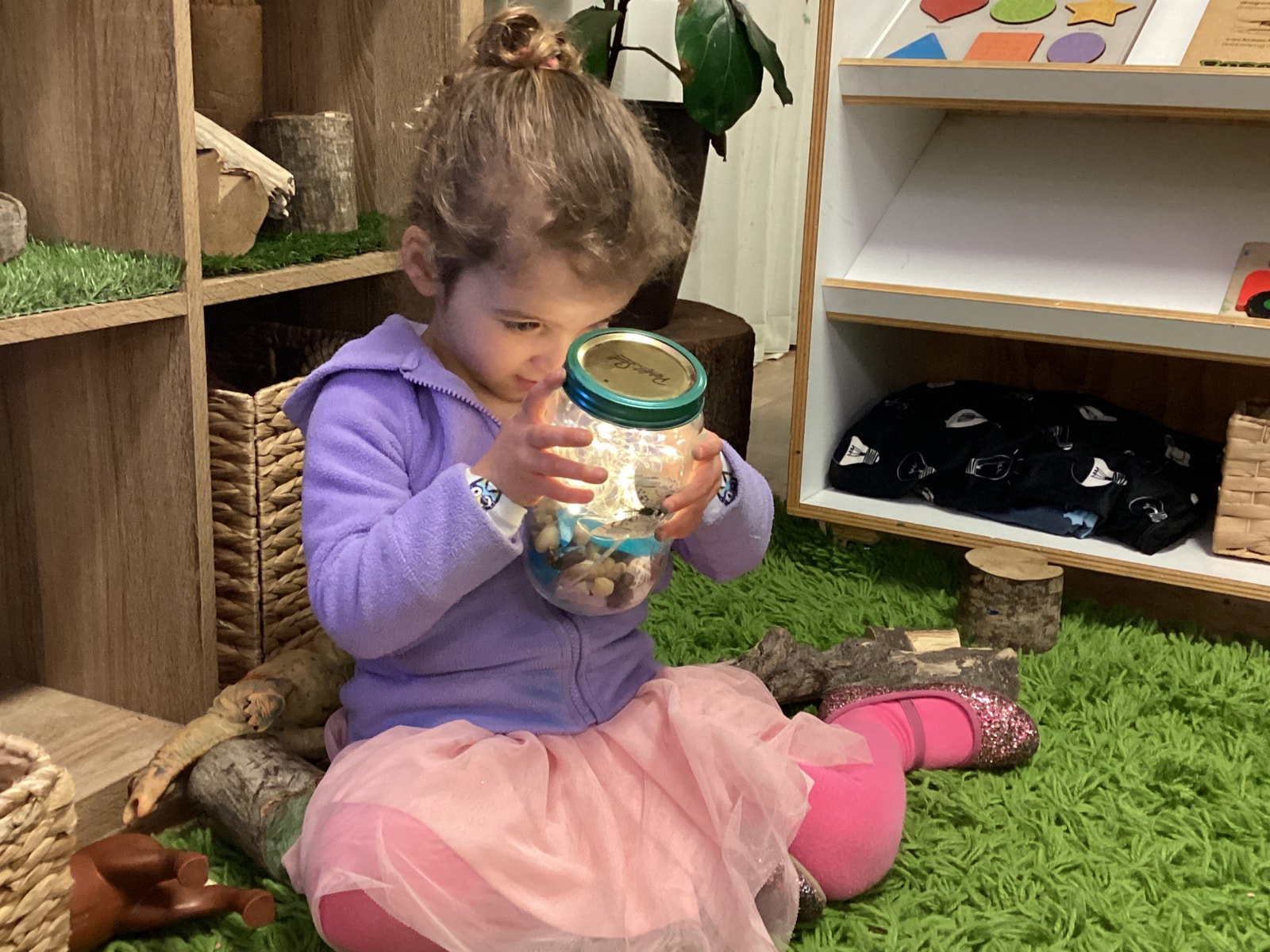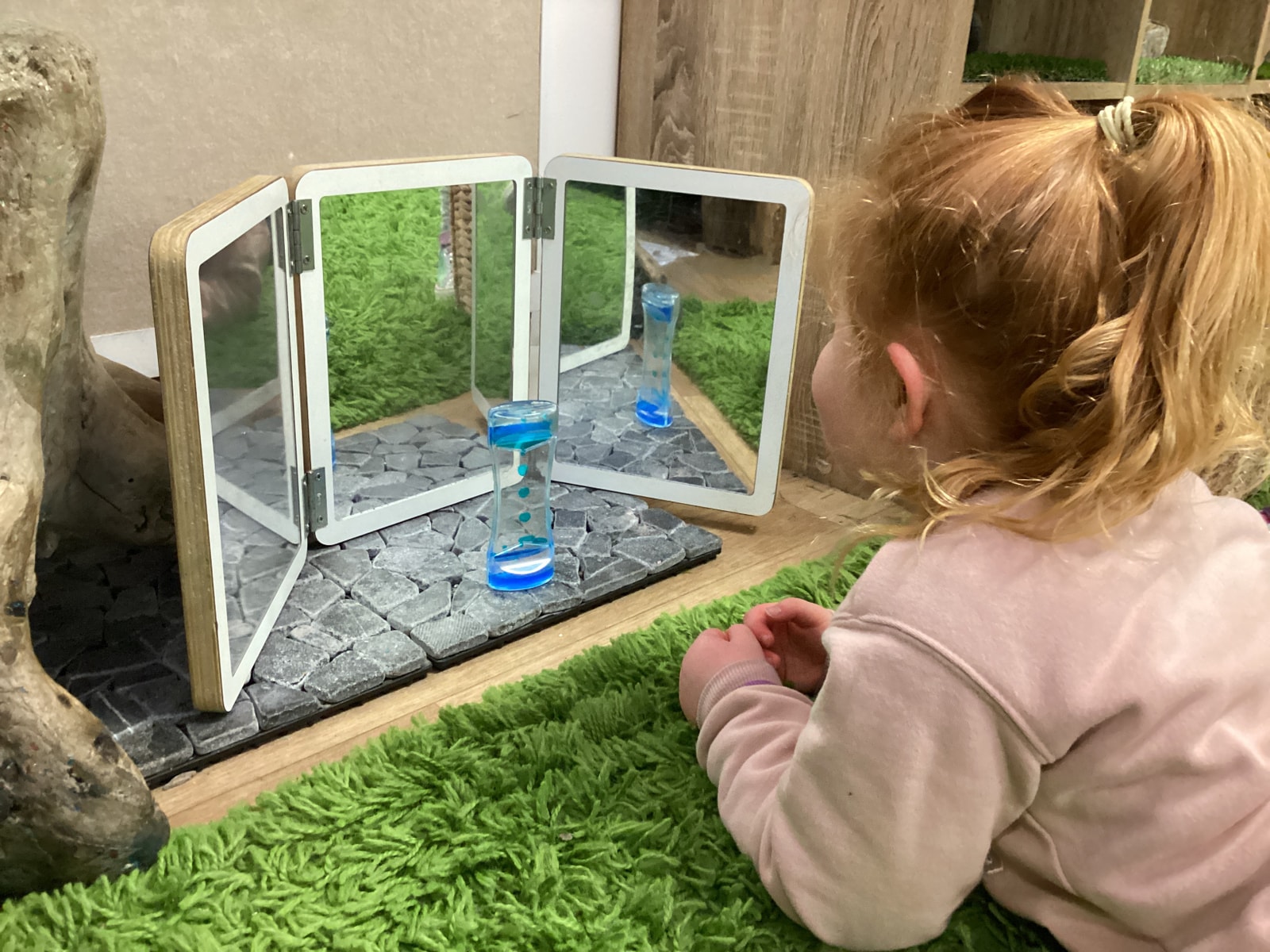LATEST STORIES
Science, science everywhere...
Why is the sky blue? Why are our ears shaped the way they are? Why do scones rise in the oven? From a very young age, children are naturally curious and inquisitive about the world around them. As early childhood educators, you are no doubt bombarded with numerous questions on a daily basis about how things work and why things happen. While not every child will teach themselves geometry at age 12 like Albert Einstein, there are a myriad of simple ways to integrate Science into early childhood education, care environments, and programmes.
Whether it be constructing water channels in the sandpit, observing the movement of the sun, seeing scones rise in the oven, or exploring nature, early childhood educators can help spark a love of science. Not only are these activities fun for both children and educator, the inquiry processes that underpin the teaching of science are a great fit with early childhood teaching and learning practices. Scientific exploration and research give children and adults the opportunity to explore, inquire, problem-solve, cooperate, and communicate with others and to be even more excited and curious about the world around us.
Research shows that children naturally engage with scientific concepts and processes in their play and as they explore their world. Early childhood educators can recognise, celebrate, and build on these moments.






